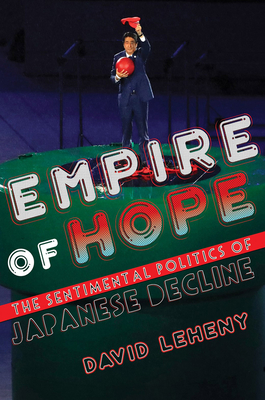Expedite your nonfiction book discovery process with Readara interviews, summaries and recommendations, Broaden your knowledge and gain insights from leading experts and scholars
In-depth, hour-long interviews with notable nonfiction authors, Gain new perspectives and ideas from the writer’s expertise and research, Valuable resource for readers and researchers
Optimize your book discovery process, Four-to eight-page summaries prepared by subject matter experts, Quickly review the book’s central messages and range of content
Books are handpicked covering a wide range of important categories and topics, Selected authors are subject experts, field professionals, or distinguished academics
Our editorial team includes books offering insights, unique views and researched-narratives in categories, Trade shows and book fairs, Book signings and in person author talks,Webinars and online events
Connect with editors and designers,Discover PR & marketing services providers, Source printers and related service providers

Empire of Hope: The Sentimental Politics of Japanese Decline
Political Science > Political Ideologies - Nationalism & Patriotism
- Cornell University Press
- Hardcover
- 9781501729072
- 9.02 X 5.98 X 0.69 inches
- 1.14 pounds
- Political Science > Political Ideologies - Nationalism & Patriotism
- (Single Author) Asian American
- English
Readara.com
Book Description
Empire of Hope asks how emotions become meaningful in political life. In a diverse array of cases from recent Japanese history, David Leheny shows how sentimental portrayals of the nation and its global role reflect a durable story of hopefulness about the country's postwar path. From the medical treatment of conjoined Vietnamese children, victims of Agent Orange, the global promotion of Japanese popular culture, a tragic maritime accident involving a US Navy submarine, to the 2011 tsunami and nuclear disaster, this story has shaped the way in which political figures, writers, officials, and observers have depicted what the nation feels.
Expressions of national emotion do several things: they construct the boundaries of the national body, they inform and discipline appropriate expression, and they depoliticize messy problems that threaten to produce divisive questions about winners and losers. Most important, they work because they appear to be natural, simple and expected expressions of how the nation shares feeling, even when they paper over the extraordinary divergence in how the nation's citizens experience each incident. In making its arguments, Empire of Hope challenges how we read the relations between emotion and politics by arguing--unlike those who build from the neuroscientific turn in the social sciences or those developing affect theory in the humanities--that the focus should be on emotional representation rather than on emotion itself.
Author Bio
David Leheny is Professor in the Graduate School of Asia-Pacific Studies at Waseda University.
He previously was an assistant and associate professor of political science at the University of Wisconsin-Madison (1998-2007) and the Henry Wendt III ’55 Professor of East Asian Studies at Princeton University (2007-2017).
He is the author of, in addition to Empire of Hope, The Rules of Play: National Identity and the Shaping of Japanese Leisure (Cornell University Press, 2003) and Think Global, Fear Local: Sex, Violence, and Anxiety in Contemporary Japan (Cornell University Press, 2006).
Source: Stanford University - Walter H. Shorenstein Asia-Pacific Research Center
Videos




Community reviews
No Community reviews

